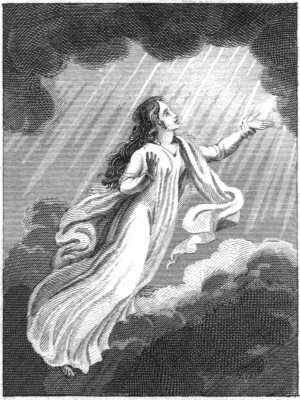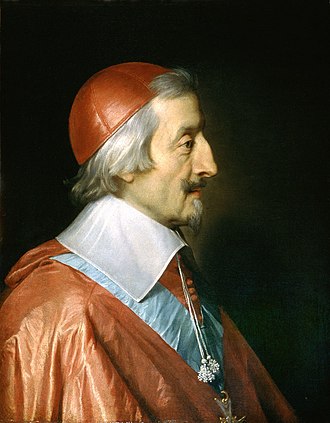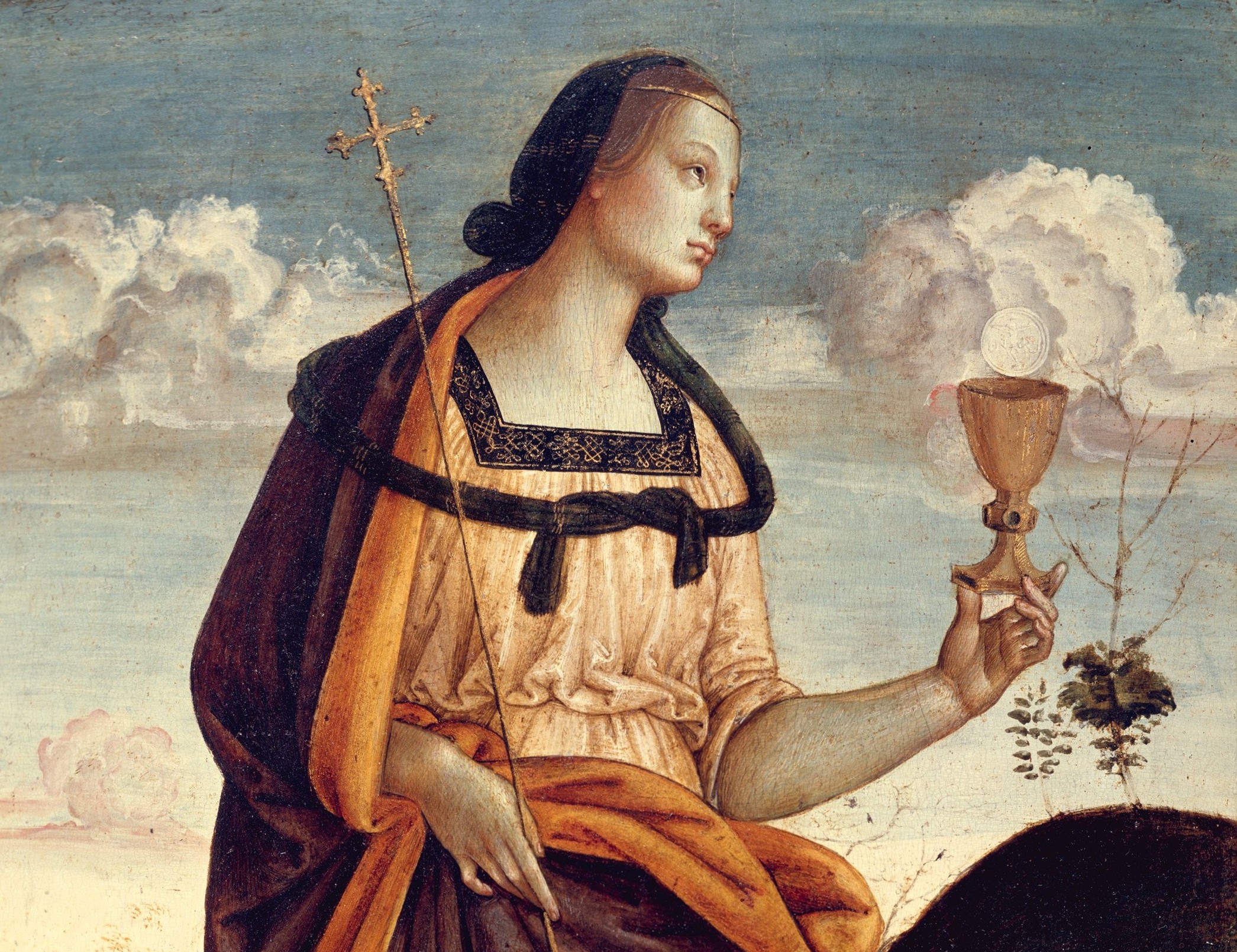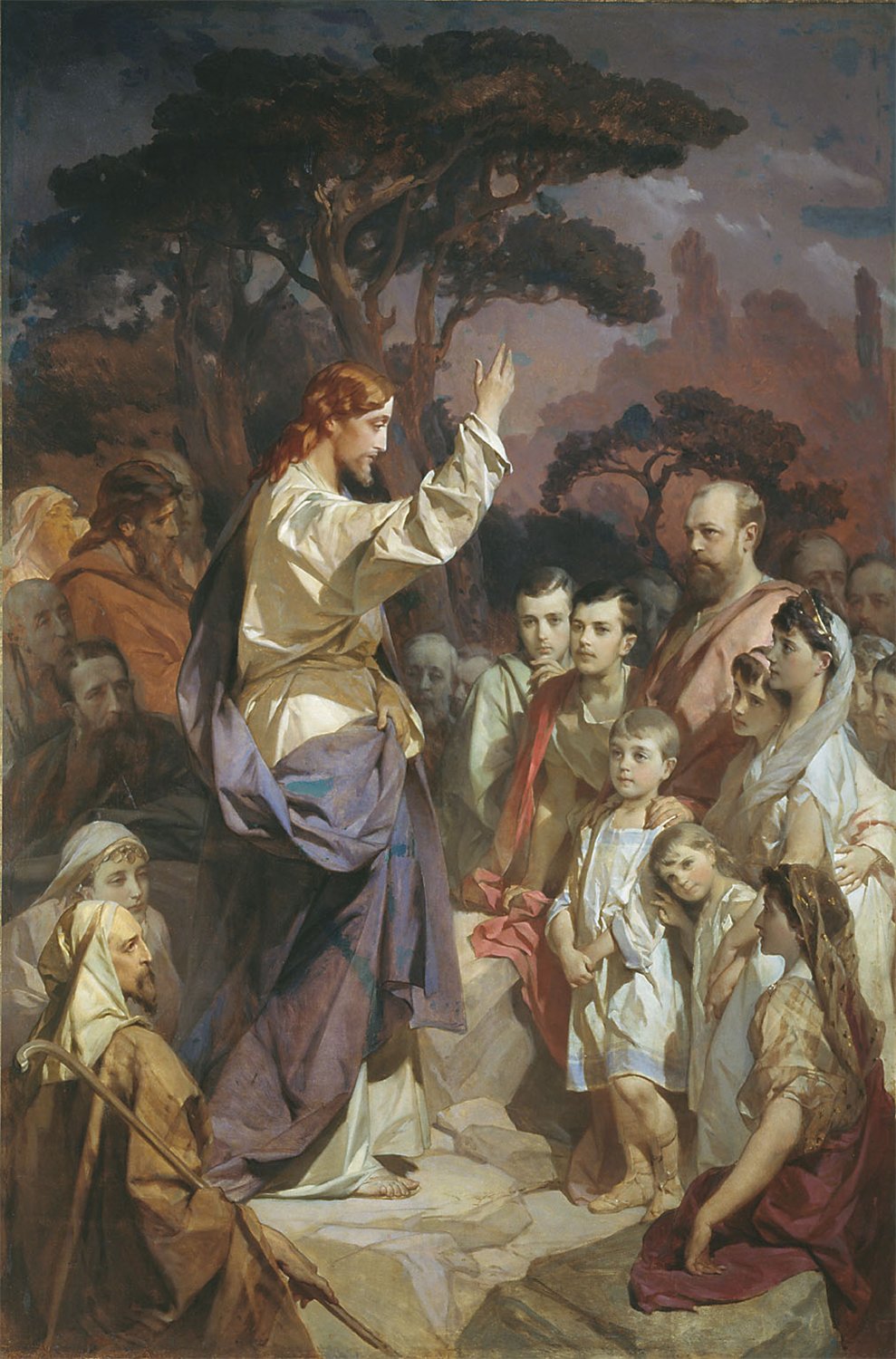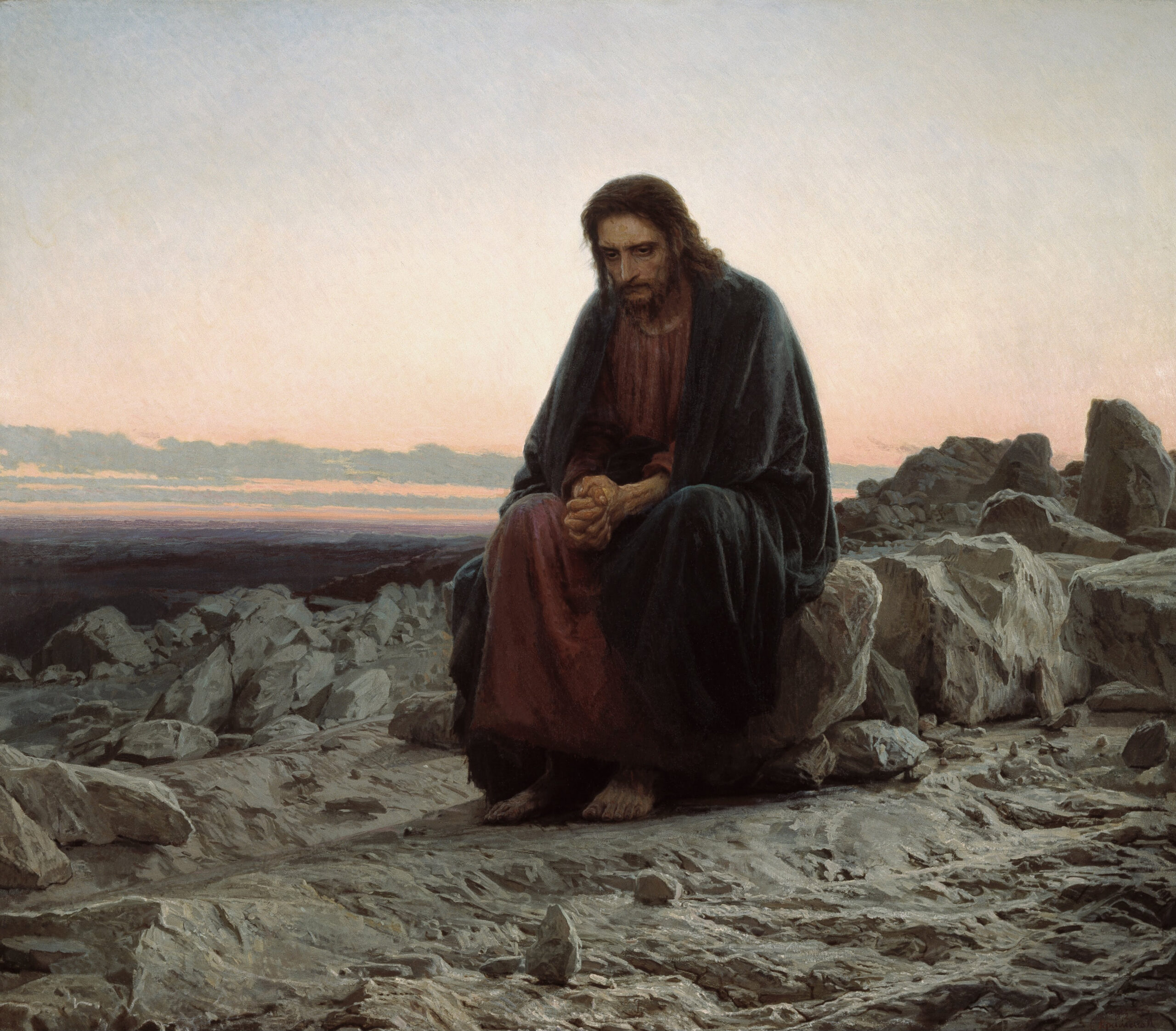In the following excerpt from A Treatise on Perfection, Duke Richelieu reflects on the supreme dignity of the human soul, its divine origin, and its eternal destiny. Drawing from Scripture and the saints, he exhorts all Christians to pursue salvation with zeal and to labor not only for their own souls, but for the salvation of others—an act that most closely imitates the nature of God.
The Divine Origin and Destiny of the Soul
The pure light of natural reason clearly declares that God truly exists. This is apparent to all persons who are willing to employ such reason, and even to those of the most limited mental capacity. Faith, confirming this self-evident truth, similarly teaches those who are illuminated by its light that God must indeed exist. It affirms also that God, on account of the goodness and justice which are essential to His divine nature, shall return to each person eternal rewards or eternal punishments, according to what one has justly deserved while in this mortal life. For this world exists primarily as a stadium for merit and a period of testing. “I will come quickly!” says the Lord, “and I shall bring my rewards with me, to give to each person according to what their deeds deserve.”
Truly, those who ignore and disregard their own salvation are enveloped in a darker blindness than those who are born completely without sight. Those who neglect to do such things that are necessary to their eternal happiness must certainly have hearts which are harder and more obdurate than stone!
The Image of God in the Soul
The great dignity of the human soul may be perceived from its divine origin, from its deiform nature, from its celestial final destiny, and by the great price—namely, the precious blood of Christ—by which it was redeemed from everlasting perdition. These considerations should prevent us from lightly permitting our precious and immortal souls to be plunged into the abyss of eternal misery, either by our sins or by our foolish negligence.
Since God Himself is the Creator of our souls, they were each made bearing the image and “signature” of God. And they are therefore destined to return to God. This is expressed in the wonderful teachings of Saint Augustine, who asserts that since God is the Creator of human beings, the final objective and ultimate purpose of human beings is to partake in the being of God. Each human being carries within himself an image of his Creator—something which is spiritual, invisible, and immortal.
The Restless Heart
Of course, as long as we live in this mortal life, our essence is circumscribed and confined by the limitations of time and space. But when our short earthly existence is ended, each soul is ultimately destined to pass into the infinite realm of eternity, in which all limitations and bounds are entirely transcended.
Just as the soul imparts life to the body, so it is that God imparts life to the soul. And, this being the case, is it possible for the soul to wish to separate itself from eternal life and divine beatitude? If we frown upon the act of murder, whereby a soul is separated from a body, should we not be more alarmed at those sins which separate the soul from God? As Saint Bernard says, does it make sense for anyone to pour out tears that a soul and a body are separated through physical death and not to pour our tears all the more abundantly when a soul is separated from God through sin?
And if God is the Creator of all things, including each human soul, is it not necessarily the case—as Saint Augustine expresses so eloquently—that the human soul will not find true rest except in God alone?
Nothing But God Will Satisfy
For whatever is set into motion is not able to rest until it arrives at the end of its particular course of motion. When a stone falls, it has no rest at the beginning of its fall. While it flies through the air, it similarly has no rest. But when it reaches the end of its course and settles on the earth, then it finally knows its place of rest.
As for we human beings, the beginning of our journey is from the earth, then through the earthly realm. But our place of rest is in heaven. It is therefore in heaven alone that we shall delight entirely in God. Upon this earth, no true or complete tranquility is able to be found. As Saint Bernard says, there is no created thing that is capable of satisfying the longings of the soul.
Created things are certainly able to distract or occupy the soul for a time, but they are never able to fulfill it. God alone is able to do this, since each soul is imbued with the capacity to receive God. Whatever is less than the glorious infinitude of God must therefore fail to satisfy the yearnings of the soul.
The Cost of Salvation
Next, let us consider the precious blood of the Son of God. This was indeed paid as the price for the redemption of our souls. Are we then able to value our souls so cheaply that we disregard this most precious blood, this royal and divine ransom? Christ willed to suffer death in order to save our souls. Are we not bound then to value our own souls accordingly, since they have been redeemed at such a noble and incalculable price?
If, as Saint Gregory the Great observes, it is a happy thing when a mortal body is spared from physical death, is it not a much greater thing when an immortal soul is saved from eternal death?
Leading Others to Salvation
Furthermore, this means that each person should not only seek his own personal salvation but should also do whatever he reasonably can to promote the salvation of others. Indeed, this consideration was the motivating force which induced me to write the present work. But nevertheless, in finding and describing the way that leads to salvation, I must perforce instruct and guide myself first before I venture to advise any others.
To work for one’s own salvation and that of others are so closely connected as to be practically inseparable. For if we devote our efforts to promoting the genuine well-being and eternal felicity of the souls of others, we shall thereby certainly achieve also the salvation of our own souls, as if by an infallible path.
We may recall from the pages of Sacred Scripture how Jonathan was sentenced to death by his father, King Saul, because he had placed a rod into a honeycomb and—contrary to the king’s orders—tasted some of the honey. Yet he then went on to achieve an illustrious victory for the royal forces. This compelled his father the king to revoke the sentence against him, and thus Jonathan was freed.
Similarly, whatever crimes a sinner should carry with him before the tribunal of judgment of the Divinity, if such a sinner has procured so great a victory as bringing other souls to salvation, then these souls shall certainly implore mercy from God on behalf of that sinner. They shall cry out for leniency, just as the people of Israel did on behalf of Jonathan. And it is certain that God—whose sweetest delight is to pour forth good things to human beings—shall respond to such intercessions with clemency, allowing the hand of justice to be bound in the chains of love.
As Saint James writes, “Whoever converts a sinner from the error of his ways covers up a multitude of sins.” And we may place confidence in the words of Saint Dionysius the Areopagite:
“Among all the works of human beings, those that cooperate with God to bring about the salvation of other souls most perfectly imitate the nature of the Divinity. It is therefore such works that draw the soul closest to the beatitude of the Godhead.”
ooo
This article is taken from a chapter in A Treatise on Perfection by Duke Richelieu which is available from TAN Books.


